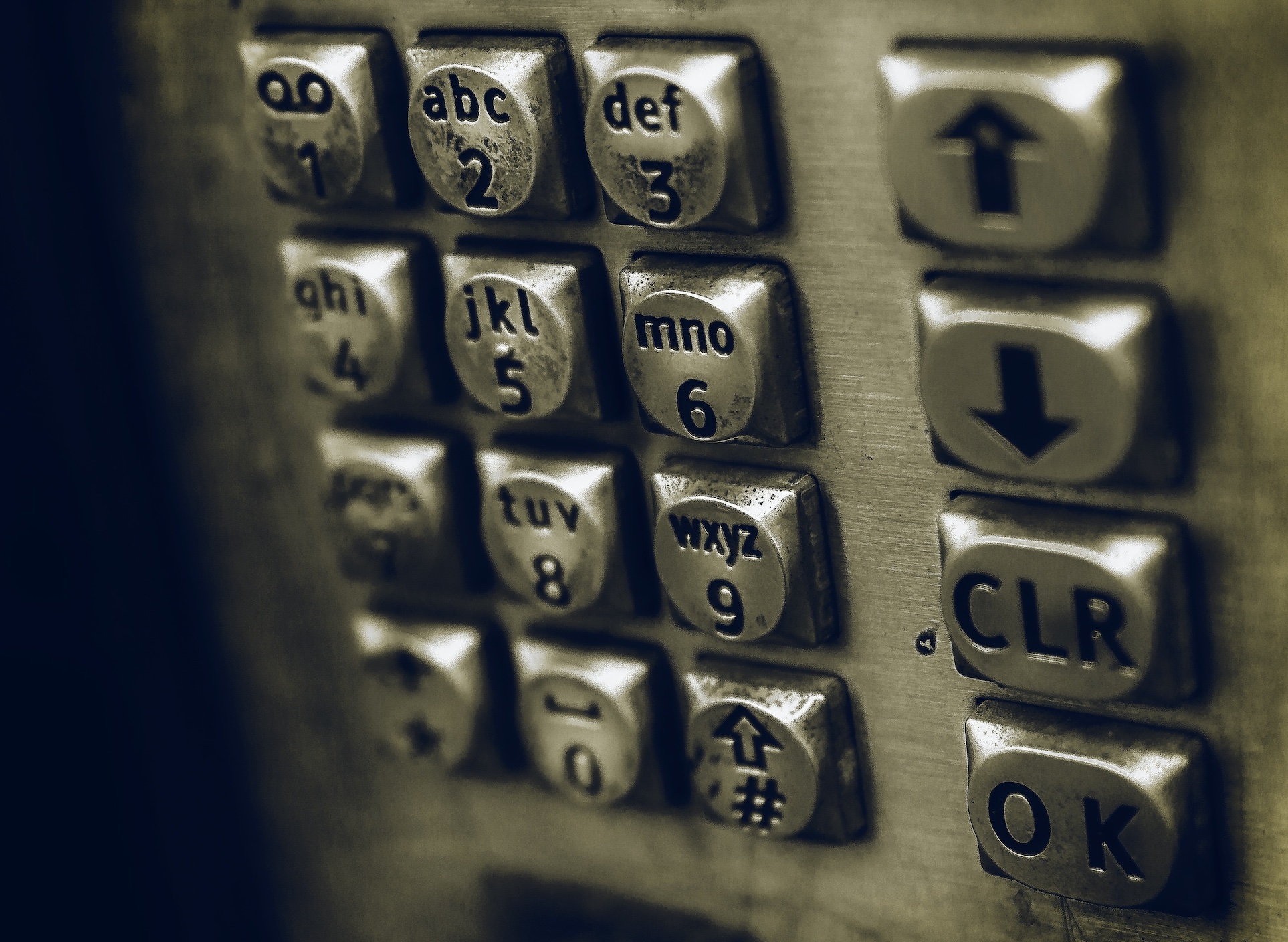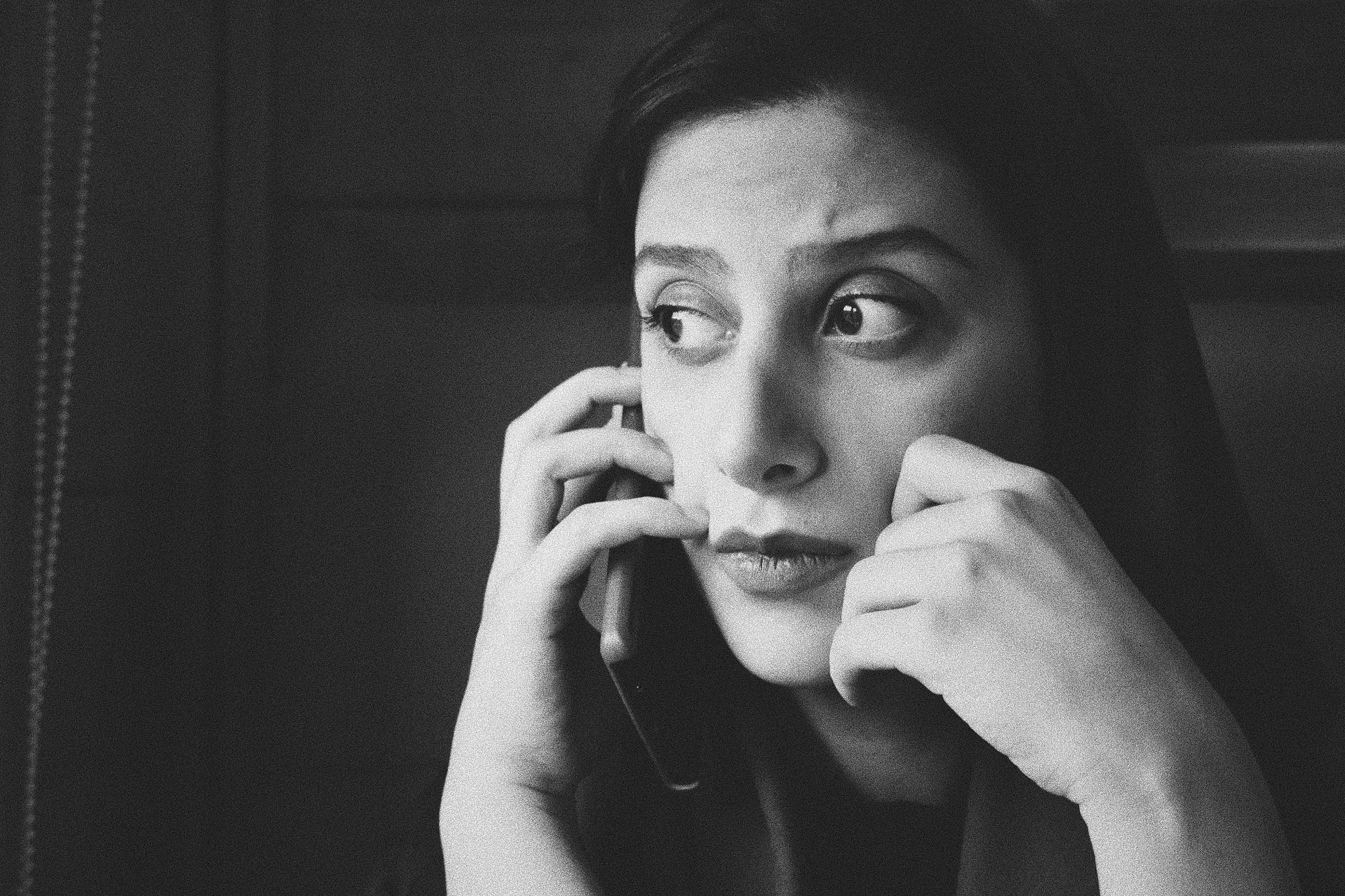While there is no right to conspire to commit further crimes, there is a right to know if the phone calls are being monitored or recorded.
Decided August 10, 2021, the New Jersey Supreme Court confirmed that people have a reasonable expectation of privacy in their phone calls and that those phone calls may not be recorded or monitored without proper notification or some other exception to the law. This is true even for criminally-arrested persons making the phone call from a police station.
Police arrested Mr. McQueen and brought him to the police station. He made a call from the police station to Mr. Allen-Brewer. Police did not advise him that the call was being recorded and there was no posted notification the call would be recorded or could be used against him for prosecution. Police suspected that this call might contain incriminating evidence, and obtained the recording. It contained incriminating evidence; Mr. McQueen was charged with additional crimes.
The Fourth Amendment to the U.S. Constitution prohibits “unreasonable searches and seizures.” This means that a warrant is required to obtain evidence, with some exceptions. In addition, the New Jersey Constitution provides heightened protection to telephone calls and prohibits government eavesdropping. A warrant is required, unless the situation falls within one of the exceptions.

The Court decided that Mr. McQueen and Mr. Allen-Brewer had a reasonable expectation of privacy concerning the phone conversation. The Court stated, “The right of privacy, and particularly privacy in one’s telephone conversations, is among the most valued of all rights in a civilized society.” The fact that the call was placed from a police station did not cause his privacy rights to be removed. The police did not provide notice that the conversation would be recorded or monitored. They did not obtain a warrant, and this situation did not fit any exceptions to the warrant requirement.
This case is very important. A person who has been arrested, and is in a police station, is in quite a vulnerable situation. There is a right and need to call trusted people for assistance. While there is no right to conspire to commit further crimes, there is a right to know if the phone calls are being monitored or recorded. It is probably safe to assume that most police departments already have signs advising about recorded calls or will post such signs in the near future. For those that do not, it will continue to be illegal for the police to record or monitor those calls. However, unless the call is a privileged call to an attorney or other privileged person (such as a priest or doctor), the police may still lawfully overhear what is being said in the police station and use those statements in court. In other words, this decision and the law is not a license to conduct business, lawful or unlawful, from the police department.


Join the conversation!